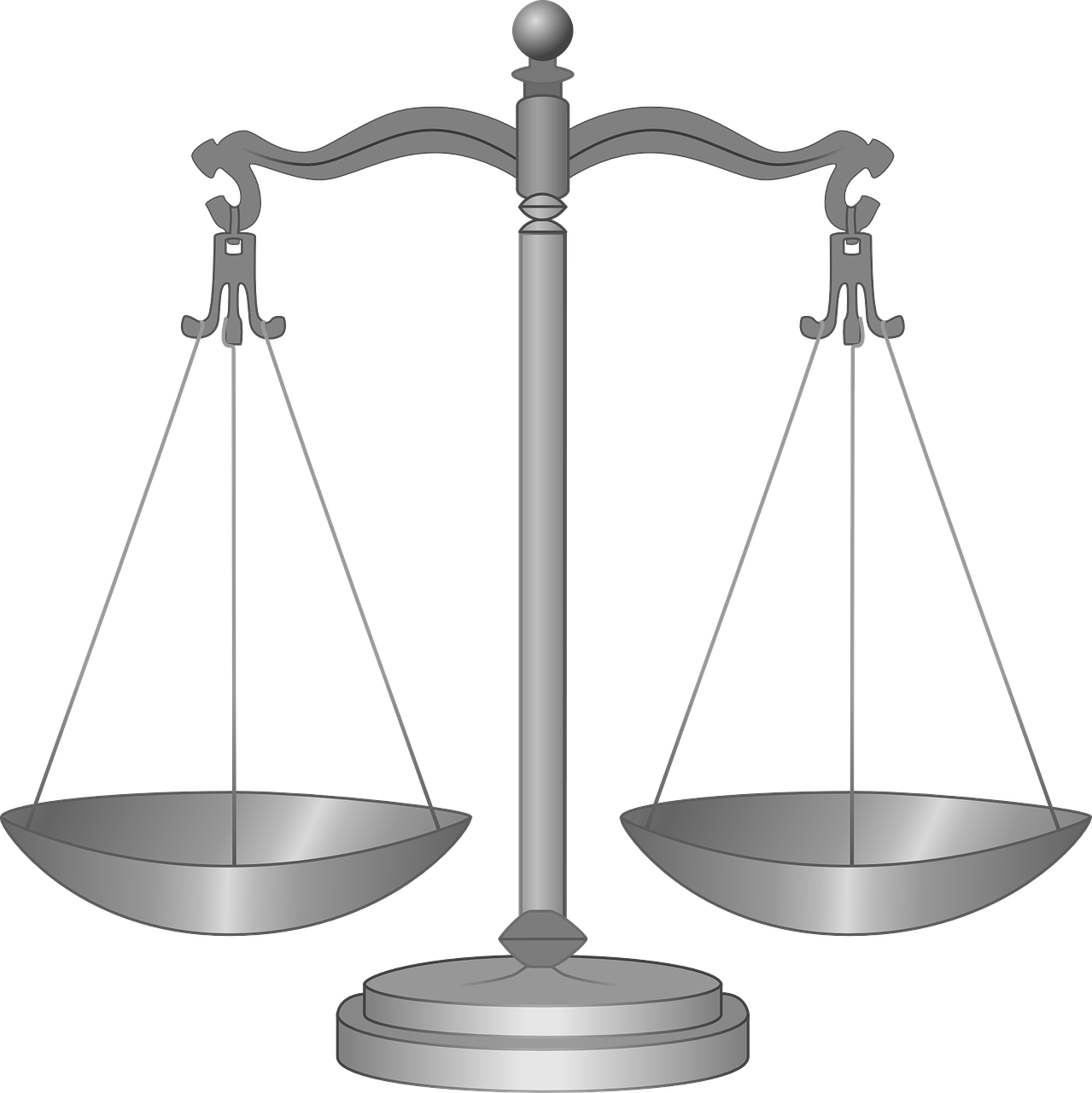Food and religion–A meaty question?
KEEPING the government’s nose out of anything with a religious whiff is one of America’s founding principles. With this in mind on January 31st a federal district judge in Minnesota dismissed a lawsuit contending that Hebrew National, a big American meat-products brand, fraudulently labelled its hot dogs “100% kosher”. Critics had claimed that the meat used did not meet kosher requirements. The judge, however, ruled that since kosher is a standard “intrinsically religious in nature”, under the first amendment it was none of the court’s business. Triangle K, the certifying body that gave the wieners the kosher seal of approval, and its Orthodox rabbis, would have to rebut the critics themselves. Unhappy customers could always shop elsewhere.
Few Western countries have laws explicitly regulating kosher or halal products—chiefly meat produced by the ritual slaughter of animals, subject to particular standards of health or hygiene. Governments prefer to rely on private companies and market forces to do the job.
America has been battling with this issue for decades. Of its 50 states, 22 have introduced kosher-fraud laws over the past century. Anxious about the industry’s rampant corruption (half of all “kosher” food was not), price-fixing and bitter rivalries (including drive-by shootings in poultry markets), New York started the trend in 1915 with a bill saying that food labelled fit for Jews must comply with “orthodox Hebrew religious requirements”. But in the past 20 years courts in Georgia, Maryland, New Jersey and New York have deemed such laws unconstitutional. New Jersey firms must merely produce documentary proof that their products are kosher.
Still, Jews are more united than Muslims about the exact nature of their religion’s dietary rules. Jewish law leaves no doubt that stunning animals before slaughter is prohibited. Muslims disagree about that. Hundreds of halal-certification bodies operate, with varying standards and logos. They differ in their methods of slaughter.
The importance of the halal label spreads well beyond food. Many of the world’s 1.6 billion Muslims want reassurances that medicines and make-up, for example, are free from animal products or alcohol. Websites are abuzz with the news of a halal nail varnish produced in Poland. Just don’t test it on animals.






